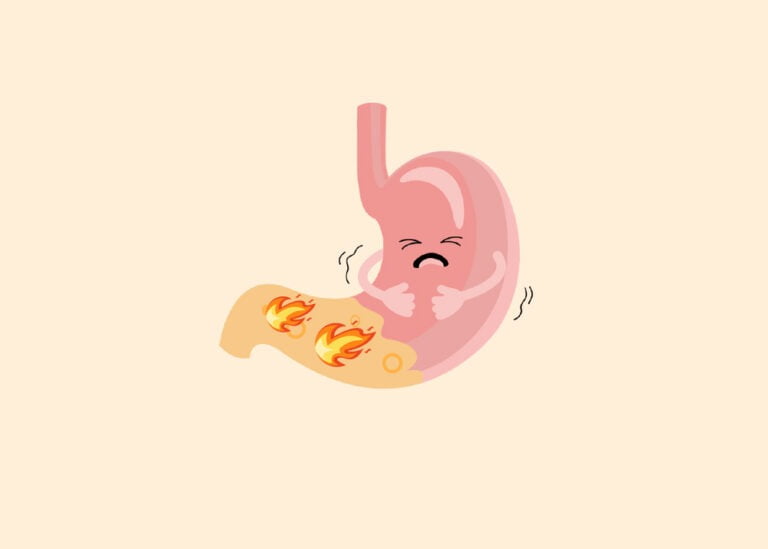A few weeks ago, I polled everyone on Instagram and asked what the biggest confusion was surrounding their digestive symptoms. The resounding answer was, “how to determine the root cause.”
If you are reading this wondering what “root cause” even means… let me explain.
When we are looking for the root cause of an issue, we are looking for the source of an issue. For example, if you have a garden full of weeds and you walk through your garden just picking the stems off the weeds, you aren’t attacking this issue at its source. The source of the issue would be pulling the weed from its roots and completely removing it so it would be much less likely to grow back.
When it comes to digestion, we often think about eating food and having symptoms versus looking at the entire digestive system and how it is working together. It is like a symphony. All of the organs of your digestive tract work together to create a beautiful masterpiece (well, maybe not in the case of what you are eliminating, but you get the point).
When one or multiple members of the symphony is off tune or not functioning correctly, we start to have digestive issues. Issues that could result in bloating, constipation, gas, diarrhea, vomiting, nausea, abdominal cramping, etc. It is very important for us to get to the root of the issue so we can get the organs of the digestive system back into harmony and working for you.
In this 5-week series, I will be covering some of the top root causes that I see when working with clients.
One of the first “root causes” that we see in the gutTogether program is low stomach acid. In a world where everyone is on a PPI, this has created a lot of problems “downstream” in the digestive system. Stomach acid can be low for a variety of reasons, including:
- Chronic stress
- Under-eating
- Zinc deficiency
- Magnesium deficiency
- Age
- Infections like H Pylori (the most common infection in the world)
- Eating too quickly
Low stomach acid can look like:
- Upset stomach
- Heartburn (yes, read below!)
- Malnutrition
- Acid reflux
- Bloating immediately or 1 hour after eating
- Not being able to eat protein
- Feeling that food sits in your stomach like a brick
One of the most common questions that we get is how someone could have acid reflux if they have low stomach acid. A reduced amount of stomach acid can lead to an increase in intra-abdominal pressure, which can cause the lower esophageal sphincter to open and allow small amounts of stomach acid to touch the esophagus and therefore cause reflux.
So, how can you increase stomach acid?
- Activating your vagus nerve through gargling, humming and singing
- Ensuring adequate zinc intake from seeds and nuts and protein-containing foods like beans, yogurt and meat
- Chew your food adequately
- Eat fermented foods like kimchi, sauerkraut and beet kvass
- In some cases, a supplement like digestive bitters or betaine HCL will be utilized for stomach acid support, but you will need to work with your health professional to ensure this is appropriate for you
If you want to know more about your root causes AND what you can do to address them be sure to click here and be added to the waitlist for an exciting offer being released on Cyber Monday – you’ll want to save the date and mark your calendar! This offer will only be available for a limited amount of time, to a limited number of people!









